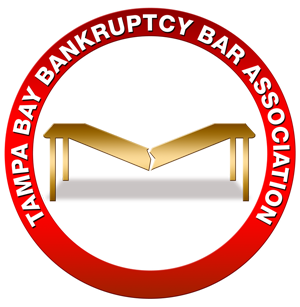By Alexis Ercia, Stetson University College of Law
The elderly are more susceptible to predatory lending, making poor financial decisions, acquiring excessive debt, and being financially exploited. Take Sally Mae:
Sally Mae was the primary caretaker to her children. Her husband, Daniel, was the sole breadwinner. Daniel always went above and beyond to provide for their family. Sadly, in his late seventies, Daniel passed. Sally Mae and Daniel had been married for over 50 years. When Daniel passed, Sally Mae was extremely heartbroken. On the day of Daniel’s passing, their daughter, Bridget, asked Sally Mae for $5,000 to pay off some “loans.” In a vulnerable state, Sally Mae gave Bridget the money leaving Sally Mae financially exploited.
Many elderly, like Sally Mae, are often financially exploited, especially by those closest to them.7 For various reasons, many cases go unreported leaving those elderly stranded without recourse.8 Florida has implemented protection ns, both civilly and criminally, to help combat the abuse.9 However, while protective statutes exist,10 financial abusers are seldomly prosecuted11 and civil litigation often takes too long. Therefore, it is imperative courts consider other ways to prevent financial exploitation and provide recourse for elderly individuals like Sally Mae.
With the help of the Bankruptcy Courts, individuals like Sally Mae could receive the help they need. The Bankruptcy Courts and the Bankruptcy Bar Associations could provide training to government officials and bankruptcy lawyers to help spot elderly debtors who are being financially exploited. The Bankruptcy Courts could also consider working with Florida’s Adult Protective Services to provide victims with additional resources. For example, those able to help guide the elderly might be unaware that the State of Florida will assist victims of elderly abuse by providing them with on-going services to allow them to live a more independent life.12 Additionally, the Bankruptcy Courts could recommend the expansion of research to the Consumer Bankruptcy Project database or the U.S. Trustee’s Office. Although not openly available to any researcher, the Consumer Bankruptcy Project collects the age of filers who voluntarily complete their survey.13 The U.S. Trustee’s Office also already collects data on Bankruptcy filers, which is readily accessible to any researcher.14 Therefore, the Bankruptcy Court could recommend to either the U.S. Trustee’s Office or the Consumer Bankruptcy Project to collect more data on elderly filers or analyze the already collected data to focus on current statistics of elderly debtors. Lastly, the Bankruptcy Courts could provide more tailored training to elderly debtors to help make them aware of their financial vulnerabilities. These are potential safeguards in which Bankruptcy Courts could help individuals like Sally Mae.
While these solutions might not all be feasible, they will hopefully spark a dialogue into the need to provide the elderly with better financial opportunities.
